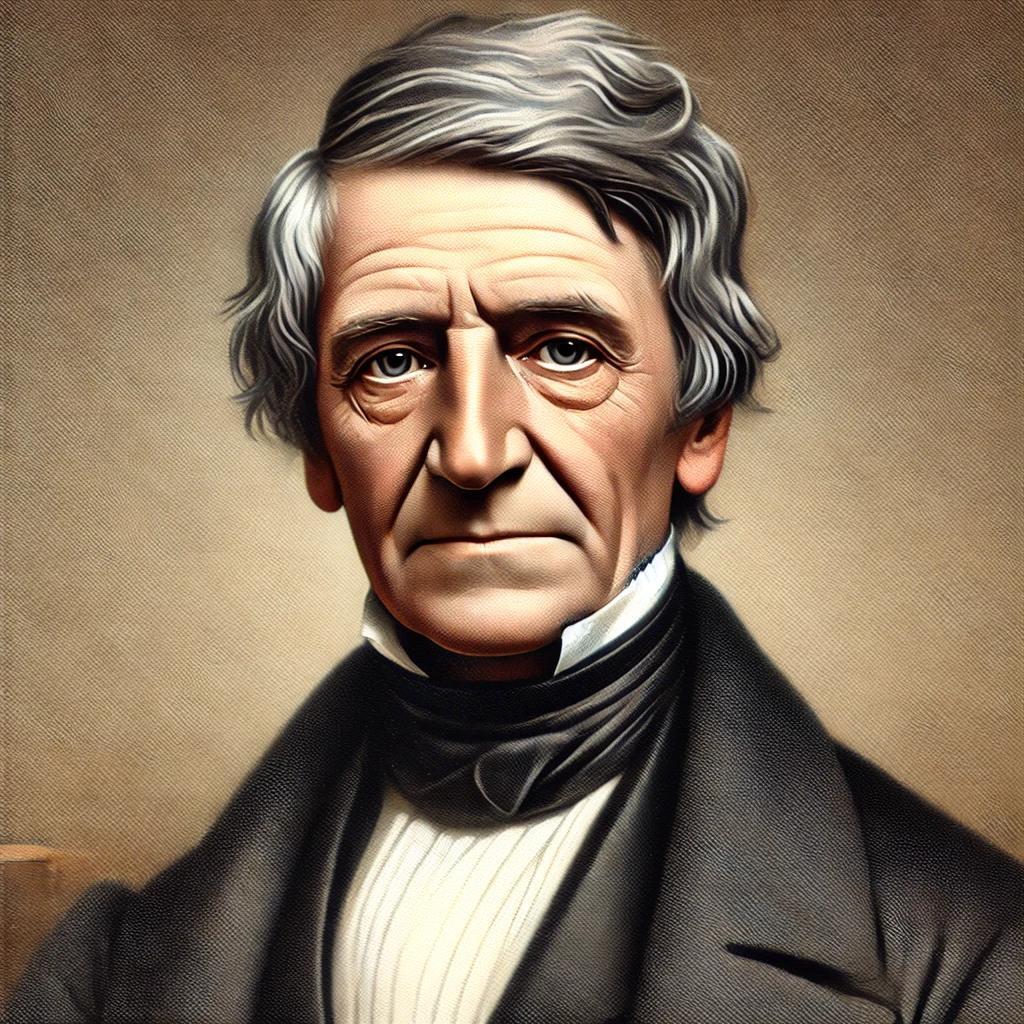
Monday, August 18, 2024
The only person you are destined to become is the person you decide to be.
Crafting Your Destiny: The Power of Choice in Emerson's Philosophy

This quote by Ralph Waldo Emerson is a powerful reminder of the agency each individual holds over their own life. At its core, it speaks to the idea that destiny is not something that happens to us by chance or external forces, but rather, it is something we actively create through our choices, attitudes, and actions.
Understanding the Quote:
1. Self-Determination and Responsibility:
- Emerson emphasizes the concept of self-determination, where the future version of yourself is not dictated by fate or external circumstances, but by your own decisions. This places responsibility squarely on the individual to take control of their life and steer it in the direction they wish to go.
2. The Illusion of Predestination:
- The quote challenges the notion of predestination—the idea that our lives are mapped out for us by some external force or fate. Emerson suggests that while certain circumstances may be beyond our control, our ultimate identity and life path are shaped by the conscious choices we make.
3. Empowerment Through Choice:
- The phrase "the person you decide to be" empowers the reader to recognize the significance of their choices. It suggests that every decision, no matter how small, contributes to the person we ultimately become. This realization can be both liberating and daunting, as it underscores the power and responsibility we hold over our own lives.
Context and Origin:
Ralph Waldo Emerson was a 19th-century American essayist, lecturer, and philosopher who was a central figure in the transcendentalist movement. Transcendentalism emphasized the inherent goodness of people and nature, the value of individualism, and the belief in the potential of each person to rise above material conditions and societal expectations.
This quote aligns with Emerson's broader philosophy, which often focused on self-reliance, individualism, and the belief that each person has the ability to shape their own destiny. Emerson rejected the idea that people were merely products of their environment or predestined paths, advocating instead for the transformative power of personal choice and self-improvement.
Expanded Interpretation:
In practical terms, this quote can serve as a guide for personal development. It encourages introspection—asking oneself, "Who do I want to be?" and then taking actionable steps towards that vision. It also serves as a reminder that while we cannot control everything in life, we have significant control over how we respond to situations and the direction we choose to take.
Moreover, Emerson's words are a call to embrace personal growth and transformation. They suggest that who we are at this moment does not have to be who we are tomorrow or in the future. We are constantly evolving, and with each decision, we have the opportunity to move closer to the person we aspire to be.
In essence, Emerson's quote is not just about personal empowerment but also about hope. It reassures us that our future is not fixed, and that we hold the key to becoming the best version of ourselves—one decision at a time.
Recommended Resources to better understand Emerson and his philosophy:
1. "Self-Reliance" by Ralph Waldo Emerson
- Dive into Emerson's essay that explores the importance of individualism and self-trust.
2. "The Essential Writings of Ralph Waldo Emerson"
- A comprehensive collection of Emerson’s most influential essays and poems.
3. "The Pursuit of Self-Determination: Emerson's Legacy in Modern Thought"
- An academic article that examines how Emerson’s ideas continue to influence contemporary self-help and motivational philosophies.
4. "Ralph Waldo Emerson: A Biography" by Ralph L. Rusk
- Learn about the life and times of Emerson to better understand the context of his work.
5. TED Talk: "The Power of Choice and Self-Determination" by Sheena Iyengar
- A modern take on the themes of choice and destiny, complementing Emerson’s philosophy.

